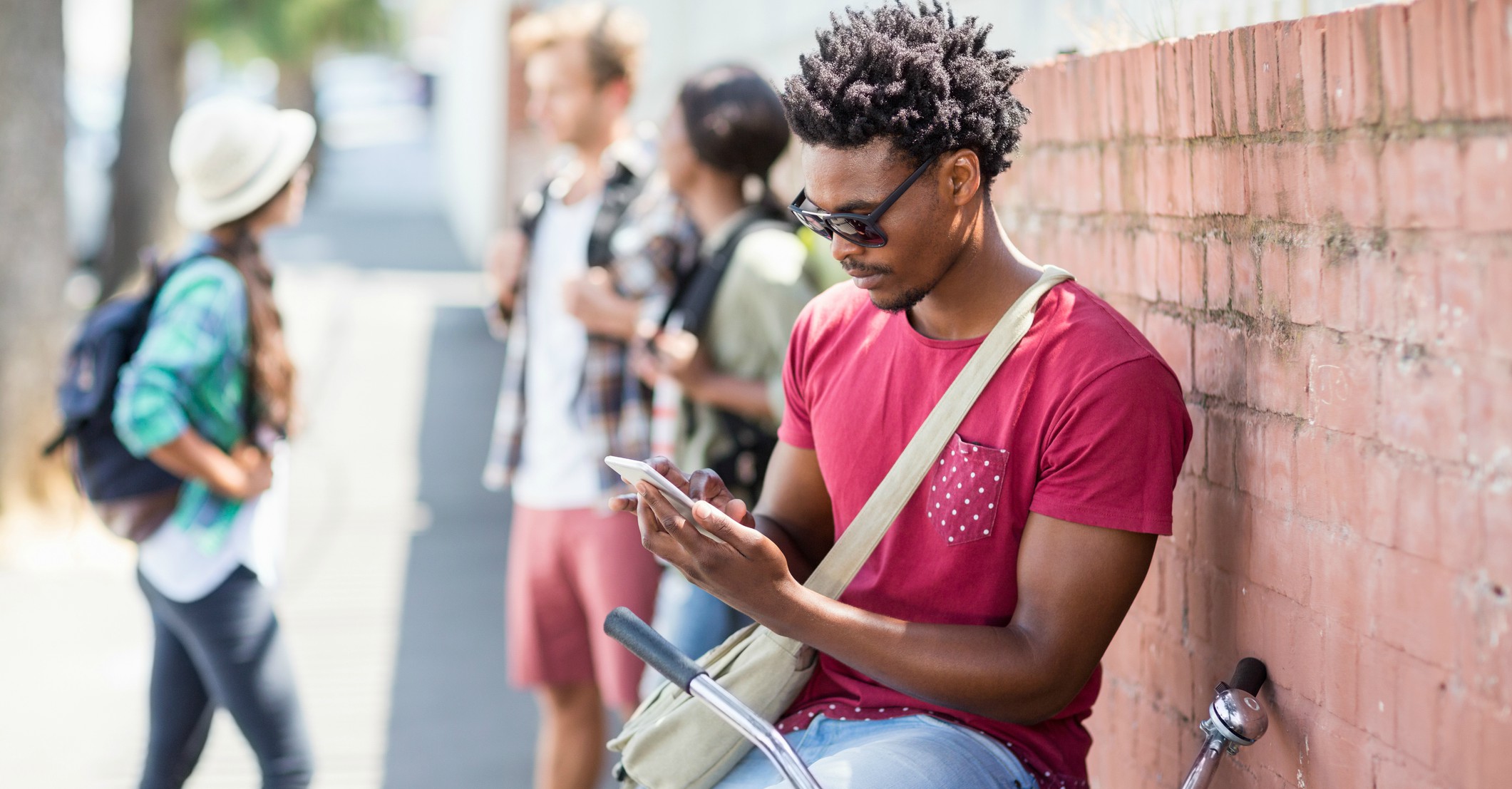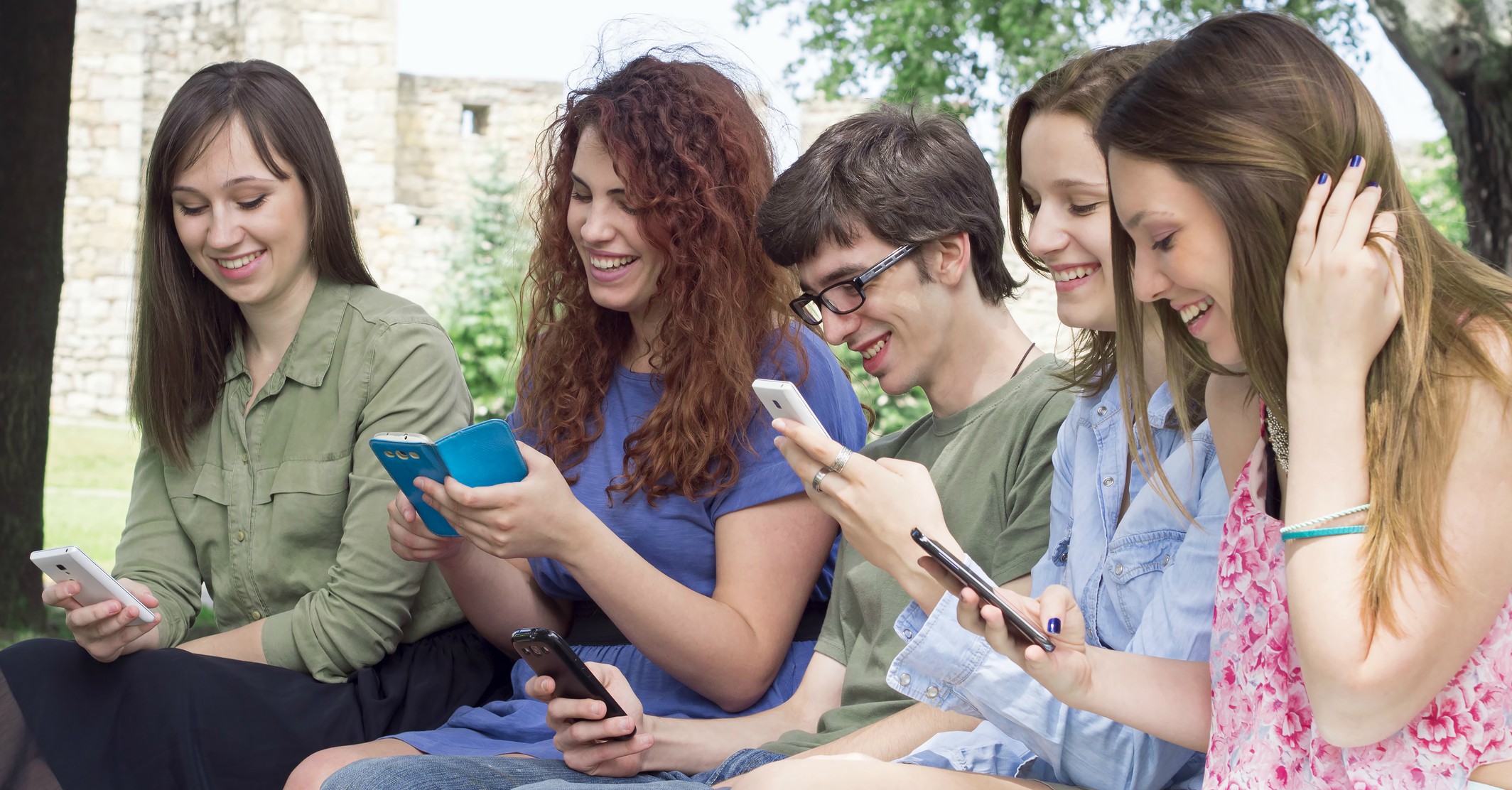How Social Media Is Directly Affecting Your Mental Health
Loneliness & Social Isolation

Loneliness is another common emotion users tend to encounter when interacting with social media. A survey conducted by the American Journal of Preventive Medicine interviewed 7,000 participants between the ages of nineteen and thirty-two. It found those who spent the most time on social media were twice as likely to be dealing with social isolation, including a diminishing sense of belonging, interacting with others and creating fulfilling relationships with others. Spending more time on social media can reduce the amount of time spent face-to-face. Furthermore, social media envy created a distorted belief that others live happier lives, fuels the perceived idea that a user is isolated and excluded from others and certain lifestyles.
Social Media Addiction

As social media can change in a blink of an eye, researchers are having difficulty keeping track of the compulsive behaviors often associated with its use, with scientists in the Netherlands inventing their own scale to determine the possibility of addiction amongst users. Internet addiction is already classified as an addiction disorder, whereas social media addiction has not been classified yet, though some researchers in the United Kingdom have concluded it is a mental health condition that may need professional treatment.
Excessive use of social media is already associated with sleep issues, relationship problems, less community participation, and decreased academic achievement. Those who are susceptible to a social media addiction are those who are dependent on alcohol consumption, are highly extroverted, and who use social media as a compensation method due to a lack of relationships in real life.
